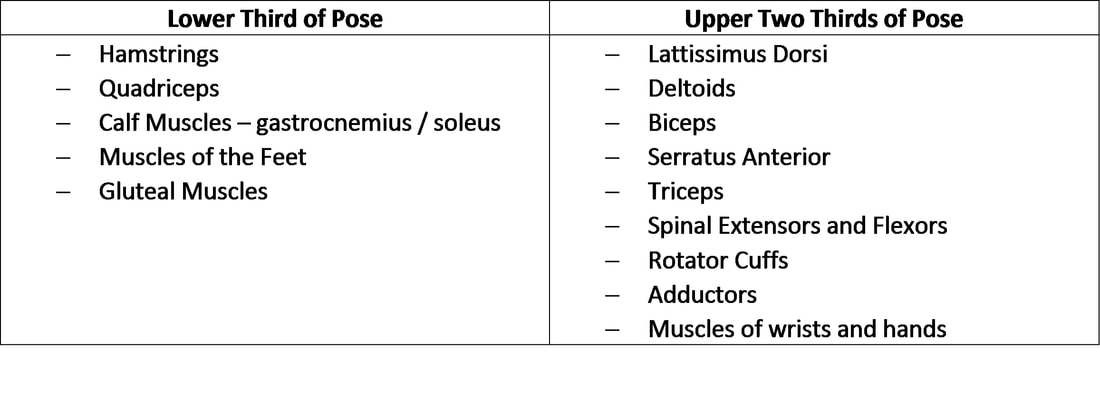
Emotional eating is using food to fill an emotional need rather than filling our body for hunger and health. Often we reach for the ice cream, the chocolate or foods that we might normally consider “junk” food. Unfortunately food can never really fill the emotional hunger or emptiness we may experience at different times of our lives for different reasons.
Lately I have been reminded of emotional eating. Personally it is one of my cyclic battles. When I find myself in a 'crisis' situation I tend to forego putting myself first and will reach for the easiest and most convenient item to put in my mouth for self-nourishment. On occasion I have been known to skip meals or eat proportionally too much. All of this then leads to a cascade of chemical responses in my body that results in cravings, depression and a perpetuation of the cycle of emotional eating.
So what is mindful eating and how can it assist with overcoming emotional eating habits? And I use the words habits because that is what we are doing when we create these cycles because habits are behavioural responses resulting in chemical responses in the body. When we talk about mindful eating we are wanting to create mindful habits.
To define mindful eating on its own though is paying full attention to the experience of eating. It is about paying attention to the whole process of eating. Remember the definition of mindfulness:
“The state of open, active awareness in the present moment. The ability to observe feelings and impulses in the moment without judgement or criticism”
I would even go onto add that for defining mindfulness for eating, that we have a conscious awareness of where our food has come from and the processing and preparation of the food to get to our plate. If you are the main food preparer than your sense of mindfulness in the preparation of that food is something to consider as part of the process and definition.
When you start to become mindful of the whole process of food we start to develop new habits and thought processes around food itself.
Habits are not always easy to change and it takes a lot of practice. But it is possible to change the unhealthy habits we have formed to embrace a conscious, mindful way of eating. Ultimately the goal is to form newer healthier habits that have lasting effects and maintaining those habits by practicing mindfulness in all aspects of our life.
There have been numerous studies that have demonstrated the effectiveness of mindfulness practices such as yoga and meditation which mediate increased body awareness.
Asadollahi et al (2015) found that mindfulness training led to cognitive changes in the way of thinking and actions of patients and is advantageous in conditional strengthening principals. This impacts the individual’s desire to continuously work at making health decisions to improve their life. This applies to changing our emotional responses and how we habitually view and use food to either 'stuff down our emotions' or counter a negative feeling. If we can bring regular mindfulness activities into our daily life we can strengthen our mind's response and deal with emotions when they arise in a healthy way. Our decision making capacity will improve and we will be less likely to reach for the chocolate when times get difficult.
Mindfulness brings physical awareness to the act of eating. It gives you an opportunity to identify the triggers and change the habit of reaching for the ‘junk’ food. Practicing mindfulness gives us an opportunity to learn how to recognise the difference between emotional hunger and physical hunger. We can also be prepared for those emotional responses and learn to differentiate between emotional hunger and physical hunger before we reach critical point.
Smith etal (2018) logically lists ways we can tell the difference between emotional hunger and physical hunger:
- Emotional Hunger comes suddenly
- Emotional Hunger Craves Specific Food
- Emotional Hunger is where mindless eating resides
- There is no physical satiety with emotional hunger
- Emotional Hunger is of the mind
- Emotional Hunger can perpetuate feelings of guilt, shame or regret
Naturally if you identify as an emotional eater you can put plans into place to support and overcome the habit. Here is a couple of things I use when I feel i am about to reach for the cronut instead of acknowledging the true extent of how I am feeling:
- Call a friend
- Get outside and go for a walk
- Put on your favourite song - sing, dance and burn off that emotion
- Do something that you enjoy
- Make a herbal tea
- Have a drink of water
- Garden
- Journal
Learning your triggers and dealing with the full extent of what is causing your emotional response should also be considered as part of your mindful eating program. Unacknowledged feelings can often be responsible for emotional eating. This is why I have added journalling to the bottom of the list. Taking some time to sit in meditation and then journal any emotions or feelings that arise during that quiet time will help to understand the true cause of what is going on for you when you develop those food cravings.
If you want to learn more about mindfulness and how it can help you form healthy habits please contact me. I am happy to support you on your journey to happiness, health and harmony of mind, body and soul.
Namaste beautiful one.
References
Asadollahi, T., Khakpour, S., Ahmadi, F., Seyedeh, L., Tahami, Matoo, S., & Bermas, H. (2015). Effectiveness of mindfulness training and dietary regime on weight loss in obese people . Journal of Medicine and Life, 8(Spec Iss 4), 114–124
Fishel, Anne (2015) Science Say: Eat with Your Kids
https://theconversation.com/science-says-eat-with-your-kids-34573
Smith, M, Segal, J & Segal R (2018) Emotional Eating https://www.helpguide.org/articles/diets/emotional-eating.htm





 RSS Feed
RSS Feed